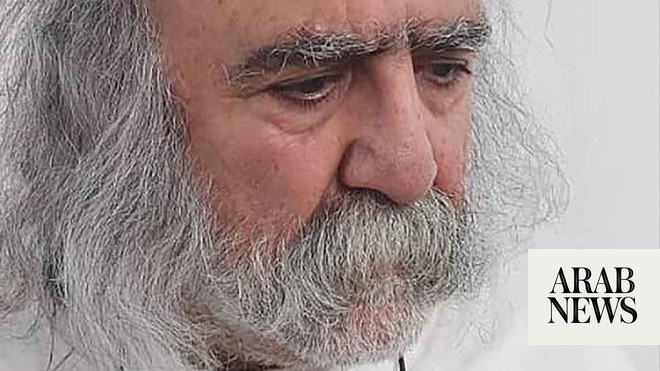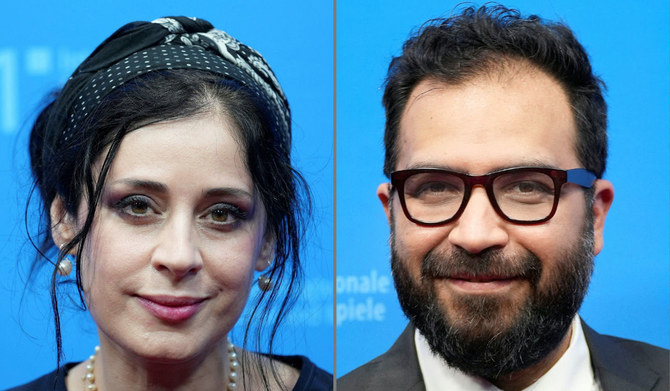
Faezeh Hashemi, a well-known Iranian political activist, said that the countrys presidential election on Friday was tantamount to a referendum since more than half of the eligible voters refused to go to the ballots. She advised the Islamic Republic officials to take heed of the peoples grievances and demands that were expressed in a "civic fashion."
In an Instagram interview with Camelia Entekhabifard, the Independents Persian editor-in chief, a few hours after the exit polls were announced, Hashemi called the campaign to boycott the elections by groups of Iranians inside and outside the country "successful."
A Referendum
Hashemi, who is the daughter of the late Ayatollah Akbar Hashemi-Rafsanjani, one of the high-ranking officials of the Islamic Republic, said: "We must continue to voice our demands and protests and never step back. This effort has yielded results, and it can be so henceforth."
She casted doubt on the official election results citing her own observations throughout the capital. "Voting stations were deserted until late afternoon, but suddenly it was said that people rushed to the stations, which does not sound reasonable."
The Meaning of Void Ballots
Hashemi, a former member of Irans parliament (Majles), added that many people casted blank or void ballots because their favored candidates had been disqualified, as well as out of fear that they might be considered "counter-revolutionaries."
"It is meaningful that the number of void ballots ranked second to that of the winning candidate, and the establishment must take this token of protest seriously."
Foreign Policy, Regional Ties
Hashemi expressed hope that Irans top officials learn a lesson from the turnout and replace the existing aggressive foreign policy with "appropriate, constructive, and friendly interaction" with the world.
She added that the powerful conservatives prolonged the process of the nuclear talks to get credit for the possible economic benefits resulting from the removal of US sanctions against Tehran.
As to Irans relations with regional nations, particularly Saudi Arabia, Hashemi stressed that talks initiated between Tehran and Riyadh should be pursued by the incoming government of Ebrahim Raisi.
"I dont believe that starting talks with Saudi Arabia was exclusively initiated by the government of [outgoing President Hassan Rouhani], which could not have done so without the green light from [Supreme Leader Ayatollah Ali] Khamenei or the Revolutionary Guards Corps. Therefore, I find it likely that the talks will continue, and Iran will move towards reviving its ties with Arab countries, particularly Saudi Arabia."










